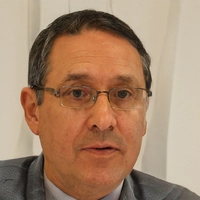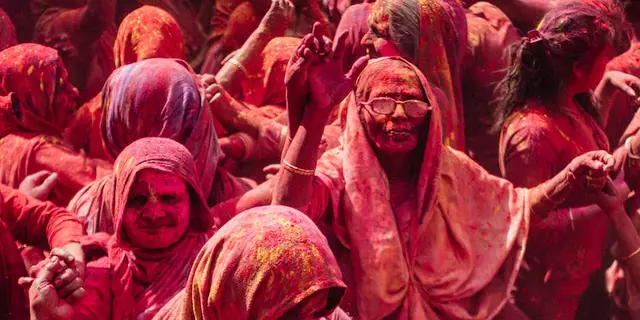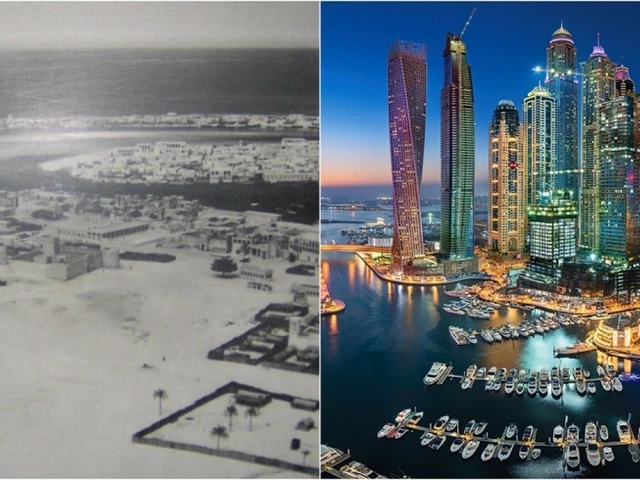Who will be the next Prime Minister of India in 2023?

Potential Candidates for the Prime Ministerial Position
As the 2023 elections approach, speculation is rife about who will be the next Prime Minister of India. Several political stalwarts have emerged as potential contenders. Notably, the incumbent Prime Minister Narendra Modi from BJP, Rahul Gandhi from the Congress party, and several other powerful regional leaders are being seen as potential candidates. Each one has a unique political trajectory, leadership style, and vision for India's future. The upcoming election will undoubtedly be a heated contest, with each candidate leveraging their strengths to appeal to the diverse Indian electorate.
The Power and Influence of Narendra Modi
Without a doubt, Prime Minister Narendra Modi stands as a strong contender for the 2023 elections. His charisma, oratory skills, and bold policy decisions have earned him a massive following. Modi's tenure has seen significant reforms in various sectors, ranging from taxation to healthcare. His leadership during the COVID-19 crisis, although criticised by some, has had its share of admirers. His vision of a 'New India' continues to resonate with many, especially the young and aspirational India. However, his critics argue that his policies are divisive and that they have undermined India's secular fabric.
Rahul Gandhi: The Congress's Prime Ministerial Candidate?
Another key player in the 2023 election could be Rahul Gandhi, the former president of the Indian National Congress party. Known for his simplistic demeanor and pro-poor policies, Gandhi has been consistently critical of the Modi government. He has persistently raised issues concerning unemployment, economic slowdown, and social harmony. His recent election campaigns have been marked by direct interactions with people, a strategy that has helped him connect with the masses. However, his leadership skills and ability to lead the nation have often been questioned. Critics also point to the Congress party's dynastic politics as a potential drawback.
Regional Powerhouses Stepping onto the National Stage
The 2023 elections may also see powerful regional leaders emerging as Prime Ministerial candidates. Leaders like Mamata Banerjee of West Bengal, Arvind Kejriwal of Delhi, and Naveen Patnaik of Odisha have shown their administrative acumen and mass appeal at the state level. Their progressive policies and strong leadership have earned them a considerable following, and they may leverage this to make a bid for the top job. However, their ability to navigate the complex dynamics of national politics remains to be seen.
The Role of the Indian Electorate
The ultimate decision, of course, lies with the Indian electorate. India's diversity is reflected in its electorate, and it is this diversity that makes the country's elections a complex and fascinating process. Each region, each community, and each individual voter has their set of issues, aspirations, and expectations from the political leadership. The candidate who can address these diverse demands while maintaining a unified vision for the country stands the best chance of becoming the Prime Minister. The 2023 elections will be a test of the leadership, vision, and resilience of India's political class.



